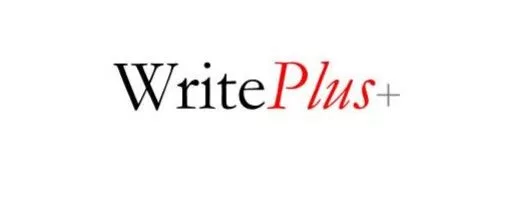by Anand Giridharadas, pps. 263, (publ., 2018)
What I learned from this book
The author lays some eye-opening stats on us in the Prologue. It does as much to shed light on the financial anxiety most Americans are and have been feeling for quite some time – that contribute to much of the division and fear mongering that has become an American staple for others to ‘swoop in on’ and take full advantage of.
Giridharadas references a study that discovered:
“…middle and lower class Americans (born from 1984 on) now have merely a 35% chance of achieving a comparable lifestyle to their parents (down drastically from previous generations). He goes on to mention that the top tenth of earners income has doubled since 1980, the top 1% has tripled – and, if you’re in the top .001%, you earned 7x.” (paraphrased from Prologue, pg. 4)
The author tells us it is time to examine how income disparity numbers like this arose, and to take an honest look at how the crushing impact it has on the majority of us.
The author also suggests that the general population would be foolish to (think and hope) that it can sit back and allow the super wealthy and super influential to save us all from this situation. The reasons, as so carefully laid out in this book, are that many of the same individuals (and companies) who orchestrate, participate, fund, and preside on speaker panels are, in fact, the ones responsible for creating many of the global issues they claim to be solving.
This book is a very eye-opening exposé on what the author terms to be “a charade” that the rich and famous carefully play on the rest of us. It shows repeated demonstrations as to how and why some very important social problems are to be addressed (as outlined by the super-rich), but fail to ever be resolved. The author informs us that this all appears to be more by design than by circumstance. It is a harrowing thought– but one he insists is real and that we need to examine.

